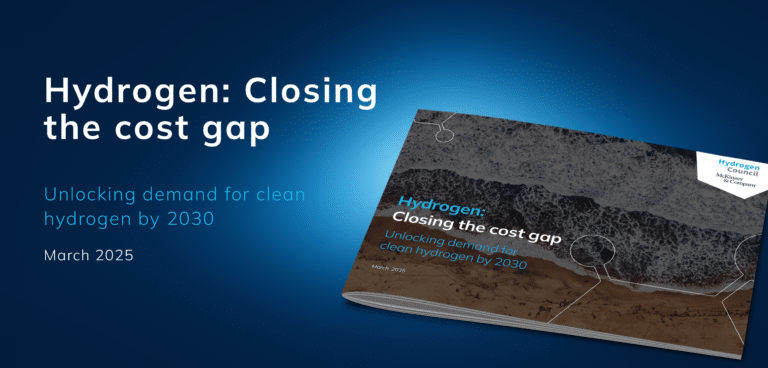
Global Governments and Industry Leaders Reaffirm Commitment to Developing International Hydrogen and Derivatives Supply Chains
Today, in Rotterdam, The Netherlands, ministers and senior government officials, together with global industry leaders, reaffirmed their joint commitment to accelerating the development of international hydrogen and derivatives supply chains.













